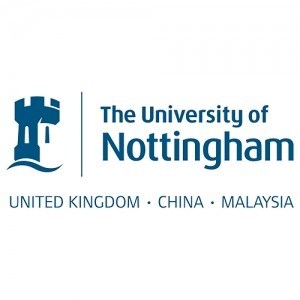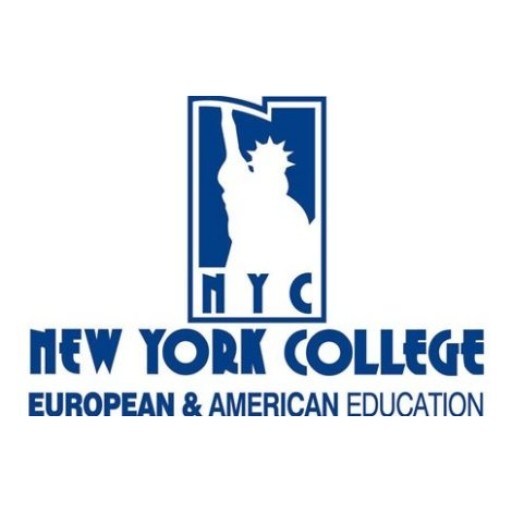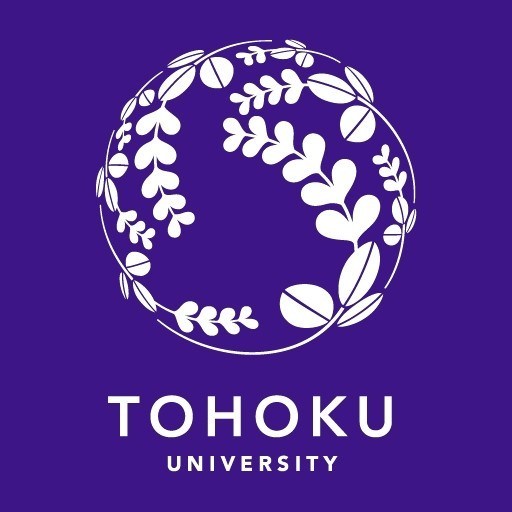Photos of university / #rmituniversity
Program Description:
The Bachelor of Applied Science at RMIT University offers students a comprehensive education that combines theoretical knowledge with practical skills to prepare graduates for successful careers in various scientific and technological fields. Designed to equip students with a strong foundation in their chosen area of specialization, this program emphasizes hands-on learning, industry engagement, and innovative problem-solving approaches. Throughout the course, students will have opportunities to work on real-world projects, collaborate with industry partners, and develop critical thinking skills essential for addressing complex scientific challenges. The curriculum includes core modules in scientific principles, research methodologies, and advanced technical skills, alongside specialized electives tailored to specific disciplines such as environmental science, information technology, health sciences, or engineering. RMIT’s state-of-the-art laboratories, research facilities, and industry connections ensure that students gain practical experience that is directly applicable to their future careers. The program also prepares students for postgraduate studies or entry into a wide range of industries, including healthcare, environmental management, information systems, and engineering services. Graduates of the Bachelor of Applied Science qualify for roles requiring a combination of scientific expertise and applied skills, making them valuable assets in today’s technology-driven economy. The degree emphasizes sustainable practices, ethical standards, and innovative thinking, ensuring that graduates are not only skilled practitioners but also responsible global citizens. Whether you are interested in advancing scientific knowledge or applying technology solutions to real-world problems, this program provides the comprehensive education and practical experience needed to succeed. Enroll in RMIT’s Bachelor of Applied Science to kick-start your career in science and technology, and develop the skills necessary to make a positive impact in your chosen field.
The Bachelor of Applied Science at RMIT University offers students a comprehensive and practical education designed to equip them with the essential skills and knowledge required for success in the dynamic field of applied sciences. This program integrates core scientific principles with real-world applications, preparing graduates to solve complex problems across various industries such as health, technology, and environmental management. Throughout the course, students will engage with a diverse curriculum that includes advanced coursework in biology, chemistry, physics, and mathematics, along with specialized units tailored to their chosen area of focus. The program emphasizes hands-on learning through laboratory sessions, industry placements, and project-based assessments, enabling students to develop practical skills that are immediately applicable in their careers. In addition, students will have opportunities to work closely with industry partners, gaining valuable insights and establishing professional networks that can open doors to future employment. The Bachelor of Applied Science also encourages critical thinking, research capabilities, and innovative problem-solving, ensuring graduates are well-prepared to address contemporary scientific challenges. Upon completion of the program, graduates can pursue diverse career paths in research, healthcare, environmental consultancy, and technology development. The flexible structure of the degree allows students to select electives that match their interests and career goals, while the focus on interdisciplinary learning fosters a holistic understanding of scientific concepts. RMIT’s state-of-the-art facilities, experienced faculty, and strong industry connections create an ideal environment for aspiring applied scientists to thrive and succeed in a competitive job market. Whether students aim to further their education through postgraduate studies or seek entry-level positions in various sectors, this program provides a solid foundation and the skills necessary for professional growth and contribution to society.
Current Year 12 prerequisite components 3 and 4 - a study score of 25 in math (any) and a study score of 25 in just about any English (except EAL) or 30 in English (EAL).
The Bachelor of Applied Science at RMIT University offers a range of financing options to support students throughout their studies. Domestic students can access government-supported financial assistance such as Austudy or Youth Allowance, which provide income support for eligible full-time students. Additionally, students may benefit from HECS-HELP (Higher Education Loan Program), allowing them to defer payment of their tuition fees until they are earning above the specified income threshold. This loan scheme reduces the upfront financial burden and enables students to focus on their academic pursuits without immediate financial stress. International students are required to pay their tuition fees upfront or via payment plans arranged through the university's international office. RMIT also offers scholarships, bursaries, and grants based on merit, financial need, or specific criteria such as academic excellence or industry relevance. These financial aid options help reduce the overall cost of the program and make higher education more accessible. For students enrolled in full-time studies, there are various payment plans that facilitate manageable installments over the duration of the course. The university also provides financial counseling services to help students plan and manage their finances effectively. It is important for students to explore all available options early in their studies to ensure adequate financial planning. Furthermore, RMIT's flexible study modes, including part-time study options, can help students balance work and study commitments, potentially increasing their income source during their course. Overall, the combination of government assistance programs, institutional scholarships, and payment flexibility aims to make the Bachelor of Applied Science financially accessible for a diverse student body.
The Bachelor of Applied Science at the Royal Melbourne Institute of Technology (RMIT) is a comprehensive undergraduate program designed to equip students with practical skills and theoretical knowledge in various applied science disciplines. This program is tailored for individuals aiming to enhance their understanding of scientific concepts and their applications in real-world scenarios, preparing graduates for a range of careers in industries such as health, technology, environmental management, and engineering. The curriculum emphasizes hands-on learning through laboratory work, industry placements, and project-based assessments to ensure students gain valuable practical experience alongside academic learning.
Students enrolled in this program have opportunities to specialize in areas such as biomedical science, environmental science, applied physics, or information technology, depending on the specific pathway chosen. The program is structured to foster critical thinking, problem-solving abilities, and effective communication skills—qualities essential for success in scientific careers. RMIT's strong industry links facilitate internships and collaborative projects, providing students with networking opportunities and exposure to current industry practices. Additionally, the program incorporates current technological advancements and research developments, ensuring graduates are well-prepared to contribute to innovations in their chosen fields.
The Bachelor of Applied Science typically takes three years of full-time study to complete, with options for part-time enrollment. Graduates are eligible to pursue postgraduate studies or immediately enter the workforce, where they can work as laboratory technicians, environmental consultants, healthcare researchers, or technology specialists. Overall, this program aims to produce versatile and skilled applied scientists who can meet the demands of a rapidly evolving technological landscape and contribute meaningfully to scientific and community advancements.








